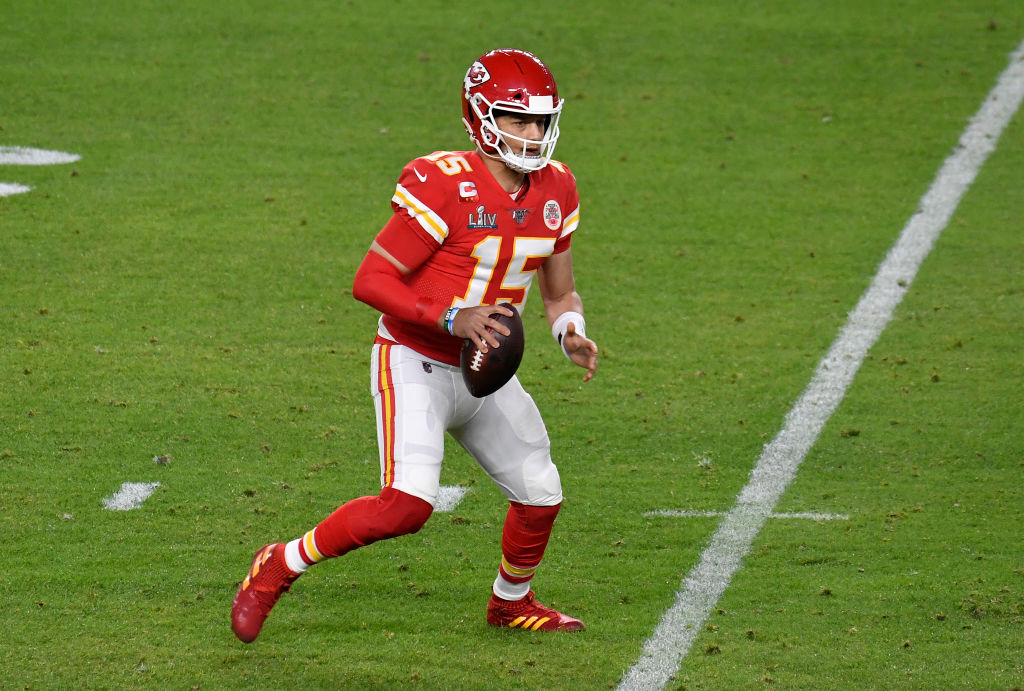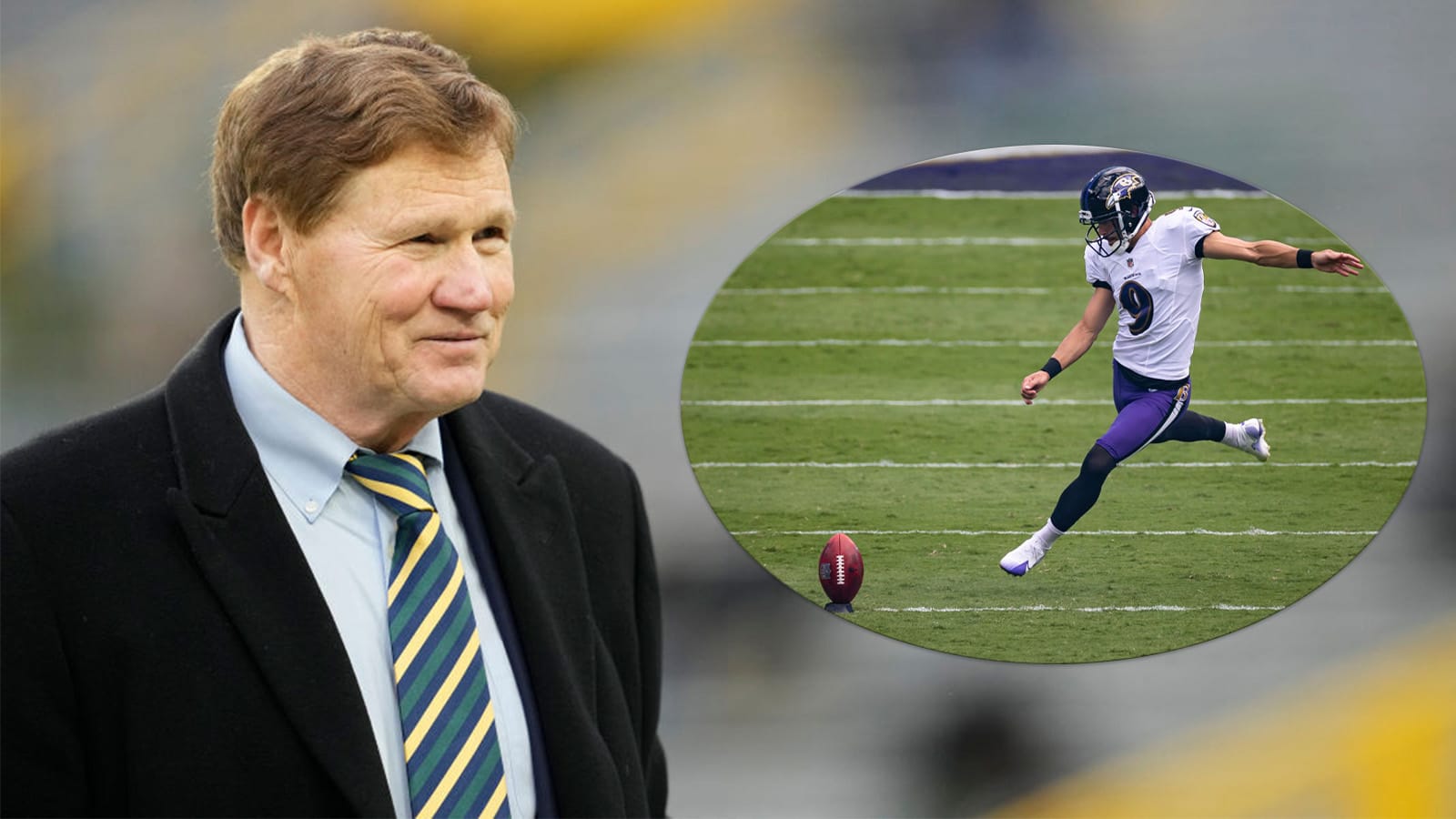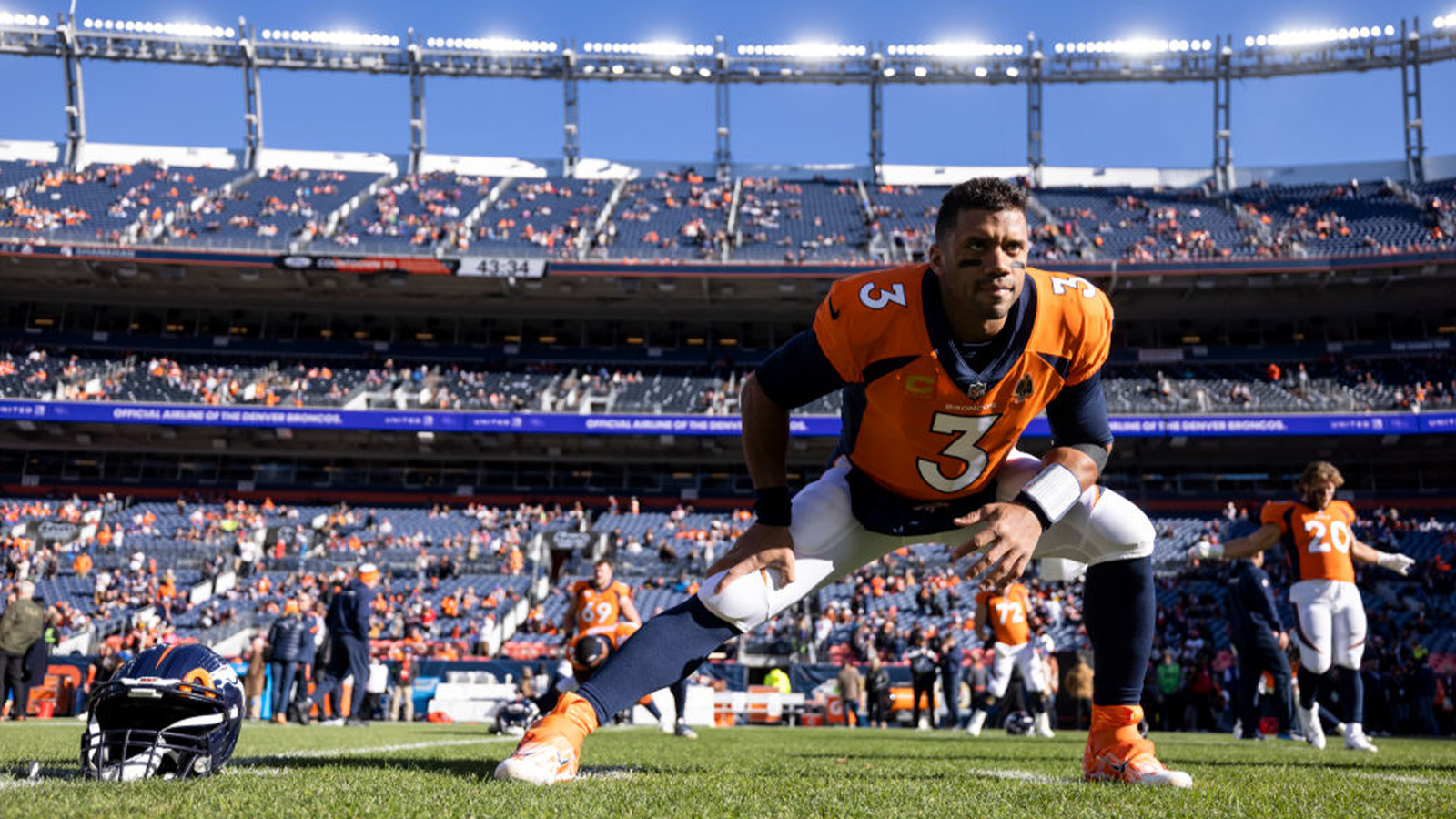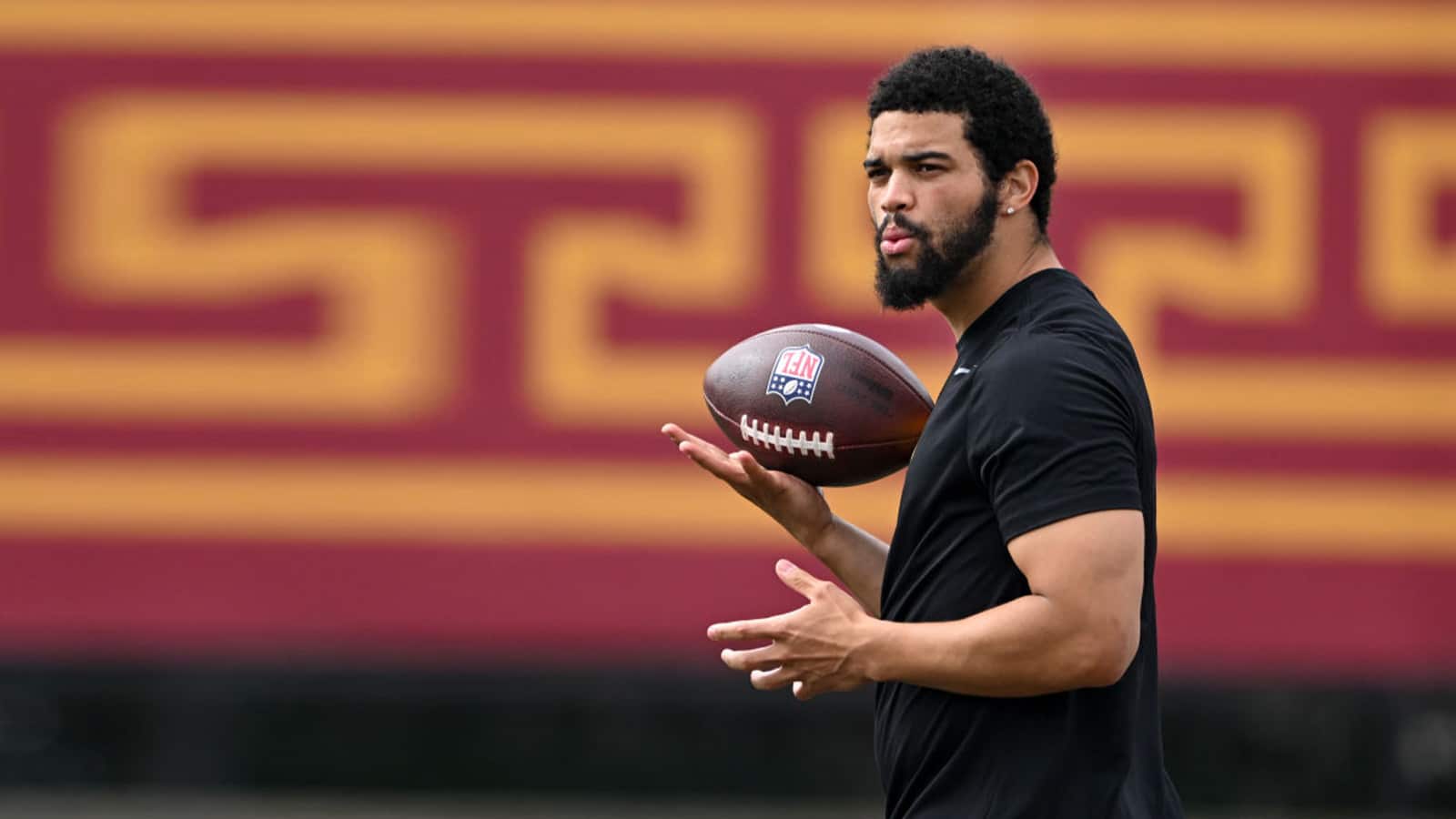
Dak Prescott and Patrick Mahomes Can’t Get Paid Until This Happens
A pro football insider – and we’re talking about a genuine insider as opposed to a self-anointed writer or TV reporter – has given the best explanation yet as to why Dak Prescott and Patrick Mahomes do not have new contracts.
The answer supplied by Michael Lombardi requires bringing Deshaun Watson into the conversation, which somehow both complicates and simplifies the discussion.
Michael Lombardi knows his stuff
Michael Lombardi currently writes for The Athletic, where his biography page tabs him as an “NFL Insider,” and he is heard regularly on podcasts and radio shows. The thing about that “insider” label is that it’s true. Lombardi worked alongside some of the greatest names in football for three decades.
He started in the NFL as a scout for Bill Walsh of the San Francisco 49ers in 1984 and became the Cleveland Browns’ director of player personnel while Bill Belichick coached there. In 1998, Al Davis hired Lombardi for the front office of the Oakland Raiders, where he remained until 2007.
His later stops included a short stint as general manager of the Browns and then working again for Belichick, this time with the New England Patriots.
When a guy works with Bill Walsh, Bill Belichick, and Al Davis, some knowledge is bound to rub off. Lombardi has put that knowledge to use in delivering authoritative takes on players, coaches, and organizations in his media career, which has included stints at the NFL Network and Fox Sports.
Patrick Mahomes and Dak Prescott will be paid
Writing for The Athletic this week, Michael Lombardi explained that the actual impact of the COVID-19 pandemic on the NFL won’t be known until we find out how many – if any – fans will be in stadiums around the league for games this fall.
A minor disruption in attendance will be an inconvenience to teams. A major disruption, up to and including the cancellation of games, will mean a substantial loss of income. And since the salary cap is tied to revenue, there’s the possibility that teams will have less to spend for the 2021 season than they do in 2020.
Forbes estimated last month that a season of games without fans in the stands would cost NFL teams a combined $5.5 billion, which is about 38% of league revenue. That could mean that the salary cap drops from $198 million this season to under $140 million in 2021, even after increases in broadcast rights fees are factored in.
NFL teams don’t want to be paying $35 million to quarterbacks if that leaves them with about a buck ninety-eight to spend on receivers and linemen, which is a big reason why Patrick Mahomes and Dak Prescott don’t have new contracts yet. Lombardi speculates that the same reasoning applies as to why Cam Newton remains unemployed.
For perspective on teams facing a squeeze in 2021, check out the available cap space on spotrac.com. Keep in mind that most teams that look to be in trouble have a year to dump some of the more troublesome salaries.
The other big reason Patrick Mahomes and Dak Prescott are still waiting
Michael Lombardi’s story indicates a second reason why Patrick Mahomes and Dak Prescott are still waiting on new contracts: Their agents have a lot at stake, which is how Deshaun Watson also gets drawn into the conversation.
Prescott is represented by Todd France, Mahomes by Leigh Steinberg, and Watson by David Mulugheta. Agents get a percentage of their clients’ salaries, but that’s a relatively minor consideration in this instance. The agents’ bigger concern is their ability to attract future clients, who’ll be judging them by the money being made by current players.
An honest assessment of past performance and future potential dictates that Patrick Mahomes deserves to be paid the most from that group of quarterbacks. But how far north of Russell Wilson’s $35 million a year does Mahomes land?
Steinberg ideally waits to see whether Prescott and/or Watson can get more than Wilson. He then talks the Kansas City Chiefs into tacking $1 million a year on top of that.
But France and Mulugheta understandably must be reluctant to go first in finalizing negotiations; the player signing first conceivably establishes the basement for the other guy and could wind up embarrassingly far behind Mahomes. On top of that, he can also be lapped by subsequent waves of QB signings two or three years later after the salary cap returns to the normal levels.



